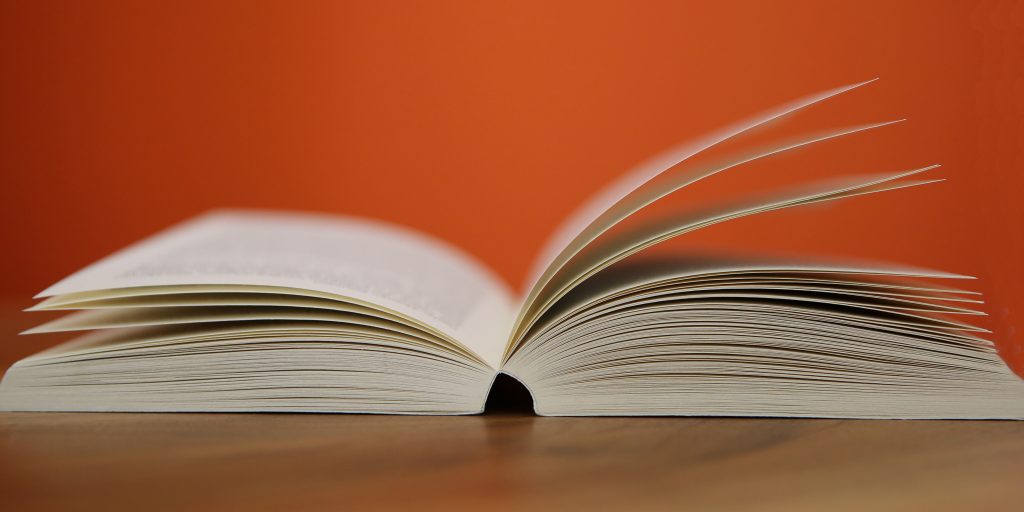Participating in the Listiac project has provided valuable opportunities to carefully consider how pedagogical practices can promote linguistically sensitive teaching (LST) in all classrooms. At the University of Jyväskylä, we have become increasingly aware that students of education have more individual resources than are used in academic study. It is perhaps unsurprising that teachers can struggle to draw on the full range of linguistic and cultural resources young pupils bring to classrooms, if the teachers themselves have not had the opportunity to ‘step outside the box’ of monolingual education in their own studies.
As part of a pedagogical initiative in the Faculty of Education and Psychology at the University of Jyväskylä, Listiac goals and activities have inspired the development of pedagogical practices in higher education. This ‘Creating Space’ initiative involved developing a Modes of Study Handbook for Students and Educators to strengthen the use of different languages and modalities in higher education. Firstly, different kinds of tasks and activities conventionally used in academic study (e.g., annotated bibliography, group work, reflection) were collated together with brief descriptions of what these tasks and activities involved. The descriptions were added to support students that are new to Finnish academic culture, but also offered an opportunity to reconsider how culture and language(s) are and could be used and increased in academic study. Secondly, the list was expanded by adding tasks and activities based on creative, multimodal approaches to academic study (e.g., silent conversations, visual harvesting). Thirdly, useful points were added to each description from the perspective of the student and from the perspective of the educator. Finally, a section was added for each entry outlining how different languages can be used within the task and activity, as well as useful cultural considerations.
This handbook promoting multimodal, multilingual tasks and activities in higher education is freely available online in English and Finnish. We hope that this resource helps students to better understand what is involved in academic study and to recognise the value of acknowledging and using the range of resources individuals bring to learning communities. For educators, we hope this handbook helps them to reconsider the kinds of tasks and activities used in academic study, to be more aware of the resources that students have and to create space for the use of diverse languages and modalities, embedding linguistically sensitive education in all classrooms.
The Creating Space handbook is available in English here:
DOI 10.17011/jyureports/2021/6; URI http://urn.fi/URN:ISBN:978-951-39-8821-0

Written by Josephine Moate
University of Jyväskylä, Finland



